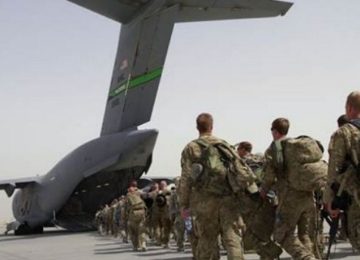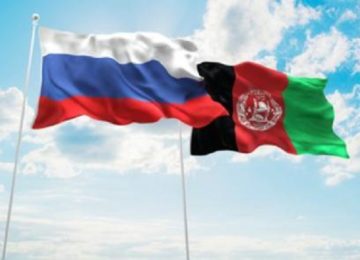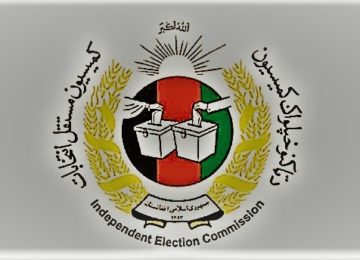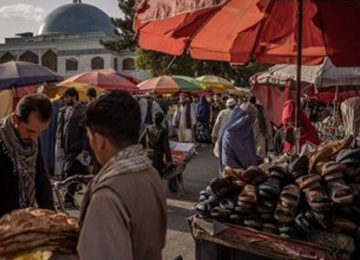WASHINGTON: The United States will continue to act unilaterally to address emergent terrorist threats from Afghanistan, the US State Department has warned.
The warning followed news reports that Al Qaeda, the Islamic State militant group — which the US refers to as ISIS — and other terrorist groups have been reactivated in Afghanistan after the Taliban takeover and were gradually becoming a major threat to the US and its allies.
“We’ve been very clear that the United States and our partners around the world won’t allow Afghanistan to become a safe haven for international terrorists who pose a threat to the United States, to our partners around the world,” State Department spokesperson Ned Price said when asked what Washington was doing to deal with these threats.
On Aug 15, 2021, Kabul fell to the Taliban following a hasty US withdrawal from Afghanistan. President Joe Biden justified pulling all American troops by saying that Al Qaeda was no longer in Afghanistan.
UN drugs agency says poppy cultivation has spiked under Taliban rule
But a US Senate Foreign Relations Committee minority report claimed in August that Afghanistan had once again become a hotbed of terrorists and the Biden administration’s mishandling of the situation had contributed to a humanitarian disaster in Afghanistan as well.
Mr. Price did not reject the suggestion that Afghanistan’s Taliban rulers were again sheltering terrorist leaders, including its chief Ayman al Zawahiri, who was killed in a recent US drone strike at his refuge in Kabul.
He noted that al Zawahiri’s presence in Kabul “flies in the face of the Doha Agreement and the Taliban’s repeated assurances to the world that they would not allow Afghan territory to be used by terrorists to threaten the security of other countries”.
“Of course, we know how that story ended,” said the US official while reminding the Taliban how a US drone eliminated al Zawahiri in his compound.
President Biden, he said, “has been very clear that we will maintain the capacity to act unilaterally if necessary to address any emergent terrorist threats or concerns when it comes to Afghanistan”.
US special representative for Afghanistan Tom West recently met the Taliban in Doha and discussed a number of US interests, including counterterrorism, with them, Mr. Price said.
“We’ll continue to engage with the Taliban pragmatically. And following the sheltering of al Zawahiri, I think it’s fair to say that the Taliban will have to earn the trust of the world, and they’ll only earn that through their own actions.”
Poppy cultivation spikes
Separately, the UN’s drugs agency said on Tuesday that Afghanistan’s opium poppy cultivation this year is up by a third, in its first report on the issue since the Taliban took power in 2021, according to AFP.
The country is the world’s biggest producer of poppies, the source of sap that is refined into heroin, and in recent years production and exports have boomed.
The United Nations Office on Drugs and Crime (UNODC) said prices have soared after the Taliban’s ban in April on poppy cultivation.
This year’s harvest was largely exempted from the decree, UNODC said.
The UN drugs agency said cultivation in Afghanistan rose by 32 percent to 233,000 hectares (580,000 acres) over the previous year, making the 2022 crop the third largest area cultivated since monitoring began in 1994.
The only years that had a higher cultivation area were 2018 and 2019.
Published in Dawn, November 2nd, 2022








